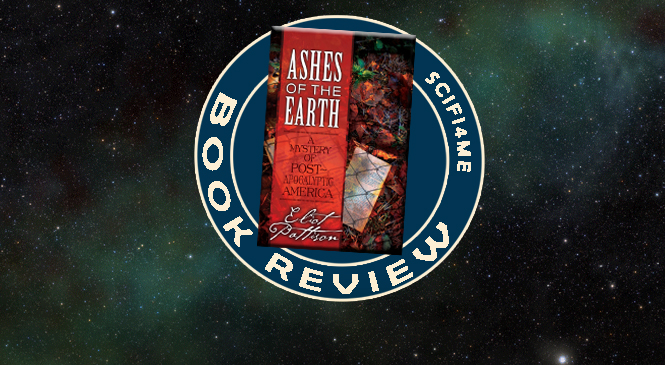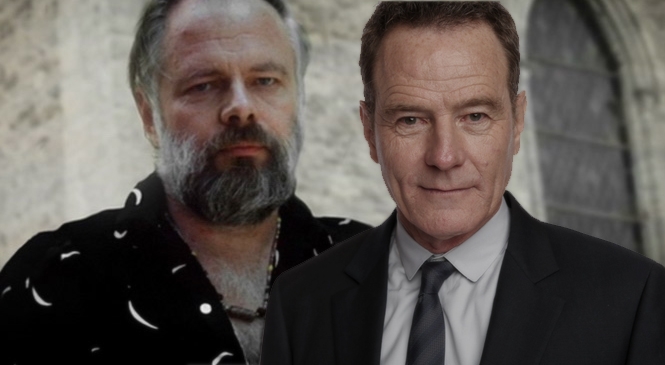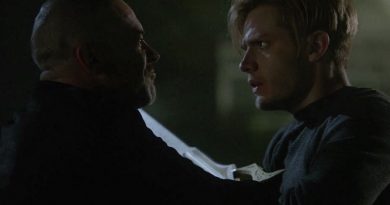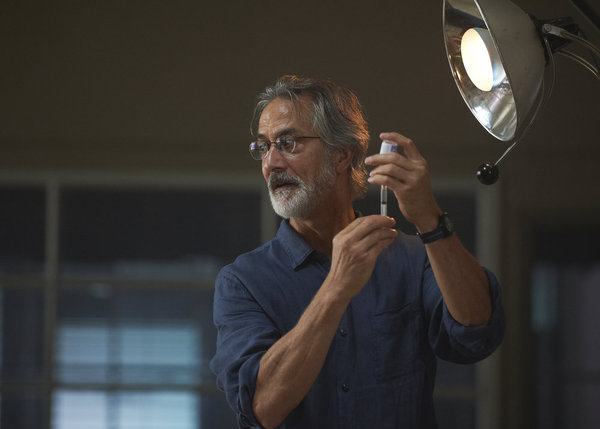ASHES OF THE EARTH Won’t Burn You

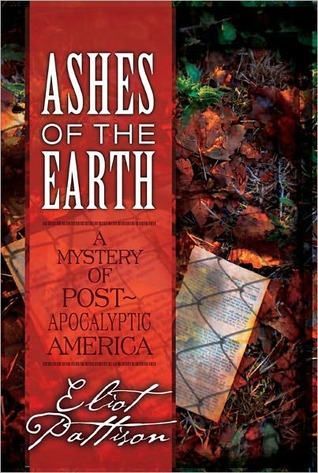
Recently, I got the chance to read Ashes of the Earth, one of the dearth of post-apocalyptic stories that we’ve been buried under for the past several years. At first, I figured this would be just like the rest, but it’s surprisingly a decent read.
Edgar Award winning author Eliot Pattison makes a smart choice with this one – it’s not a post-apocalyptic story so much as it’s a mystery wrapped in the environs of a post-apocalyptic society. It’s a murder mystery procedural, plain and simple. And I think that works in the book’s favor, as it doesn’t dwell on the “how” of the war and subsequent breakdown of society. It just assumes you understand where everything sits with regard to the “history” of the town. It’s almost as if you could be on another planet. As long as you accept the creative conceit, then you’re good to go through the rest of the book.
Set thirty years after the disaster, the story follows survivors in the “colony” of Carthage, and focuses specifically on Hadrian Boone. Boone is an unlikely hero/protagonist, with a self-image that would make a depressed person look bouncy and flouncy by comparison. He’s an outcast, no longer welcome on the town’s ruling council, no longer respected as a school teacher, a pariah in the colony who spends a lot of time locked up or drunk.
This unlikely hero soon finds himself investigating the murder of his best friend and mentor, Jonah Beck, who had quite a lot to hid from everyone, it seems. Think of him as the town wizard, filling the place of Gandalf or Obi-Wan or Merlin. And of course, as with every Hero’s Journey, the old sage has to die for the hero to come into his own. So Boone is now on the case, trying to wrest some sense of clarity in a world where everything’s turned up on its ear in the aftermath of the murder.
Boone soon uncovers more than just a murder plot. Corruption, deceit, intrigue… and it all revolves around Carthage and a second colony up the river. The overall progression of the story is somewhat rote, using typical mystery elements and red herrings. Wheels within wheels. With the help of a police investigator, Jori Waller, Boone digs deep into the underbelly of the town’s trade operations, uncovering more than just an old man’s murder – graft, corruption, greed, drugs, and a completely independent town in the makings.
The trouble with this book is that it’s sparse on details for the setup. There are so many characters to maintain, you need a scorecard to keep up. I found myself constantly having to go back and remind myself which character was which. With the exception of a few stand-out characters, they were all one-dimensional until they had to be otherwise. The clues in the mystery are obscure, and it’s in those instances where the minimalist approach to the setting works against the story. I mentioned that I thought it was smart to assume the reader knows about the holocaust that got us to this point in the future. Except in some cases, I found I had to think about things I’d already read in the book to stay oriented.
Location: on the Great Lakes somewhere, but it’s not fixed in my head exactly where Carthage sits. It’s not super-critical to the story, but there’s no good description of the geography of the setting. The new colony is somewhere north along the river, as I understand it.
I like Boone and Waller, mainly because they don’t always get along. Emily, the town doctor, is another likeable character, in the Leonard McCoy mold of acerbic and sarcastic low-tech medical specialist. Both women have obvious affection for Boone (with Waller’s coming after the obligatory time spent to get to know him), and it really does feel like Emily and Boone have known each other a long time. Waller’s relationship with Boone moves back and forth so much, it’s hard to keep track of how she feels at any given moment until the end, when they have feelings for each other but don’t quite go anywhere with it.
Despite what I perceive as structural flaws, times when it seems like everything is going in circles, Pattison does wrap up everything in a way that makes sense and leaves the reader knowing how it all fit together. Overall, it’s a decent read. Some scenes feel like filler, and a few characters could have been condensed to shrink the number you have to keep track of, but it’s not a bad story. It’s a murder mystery wrapped in a nuclear wasteland, and if you keep track of where you’ve been, you’ll be satisfied where you go.
![]()

